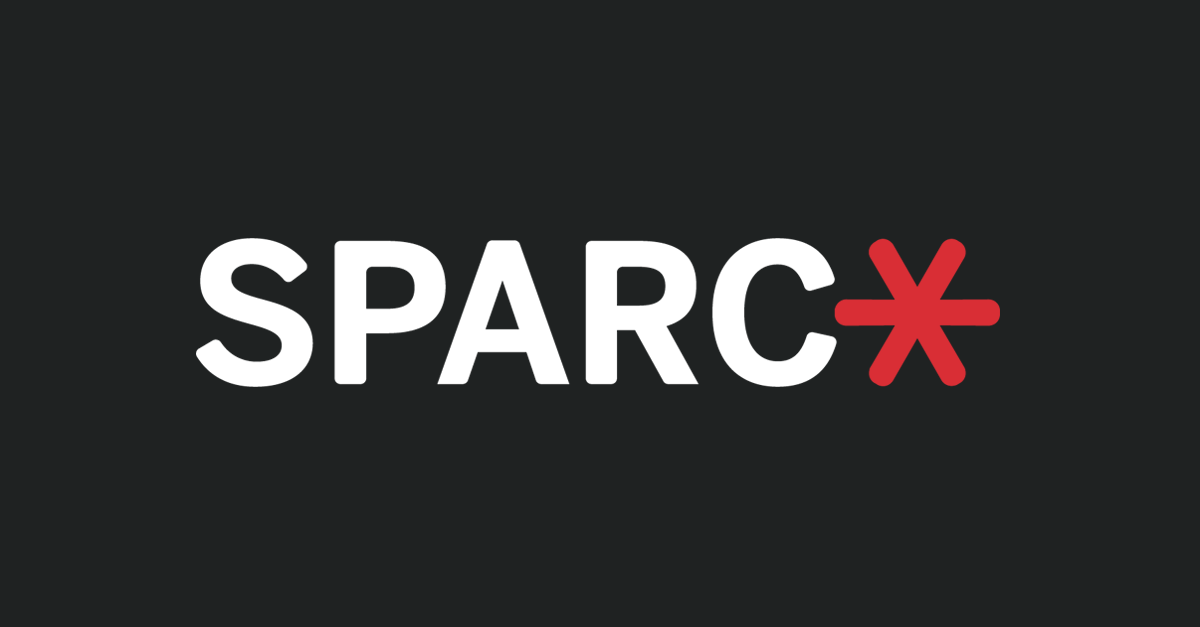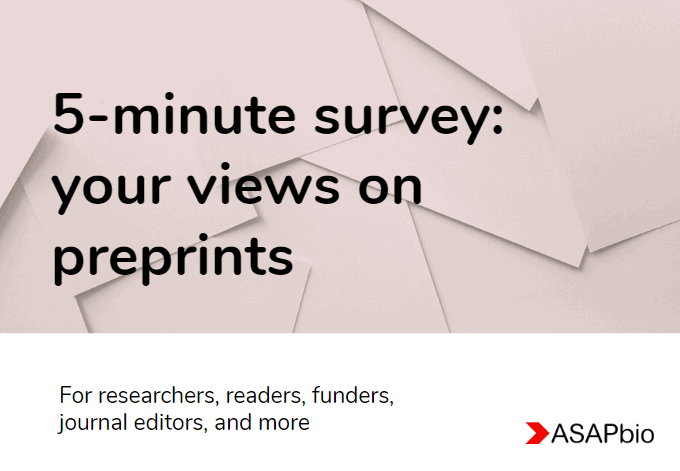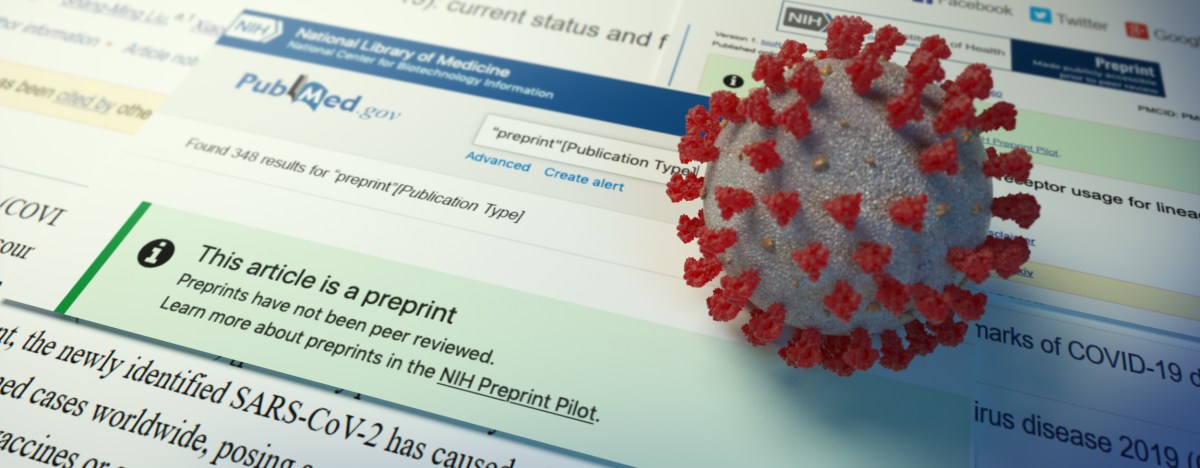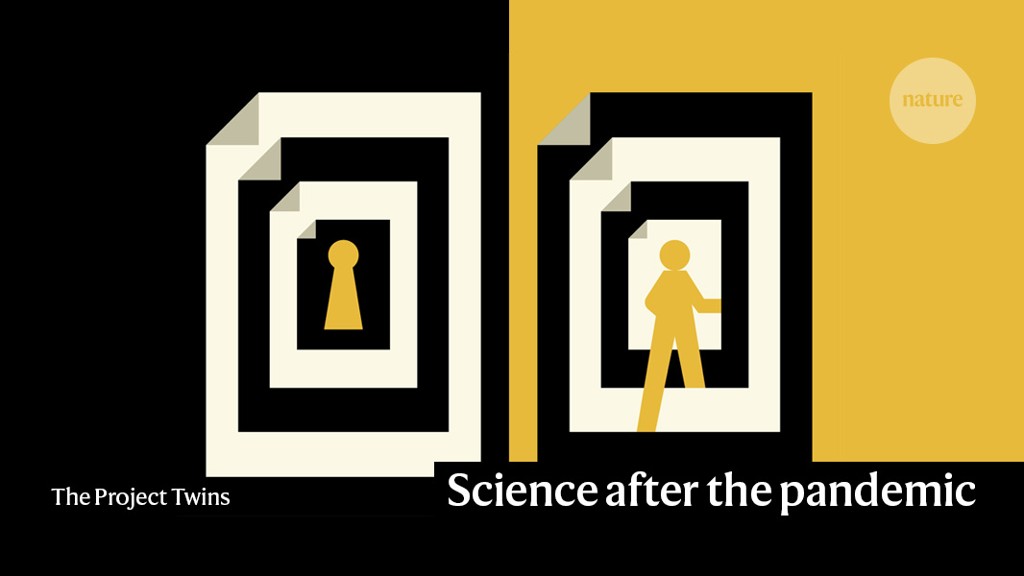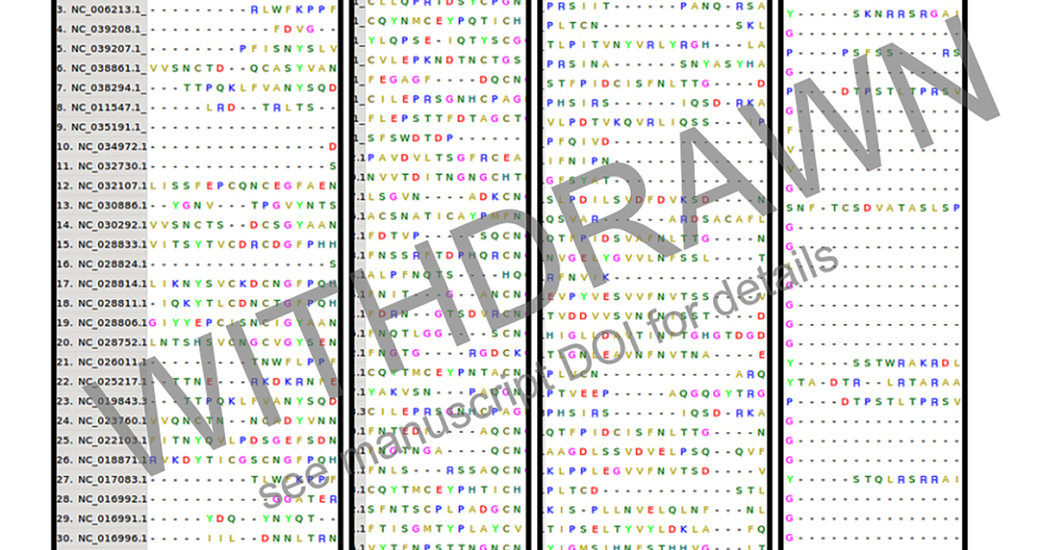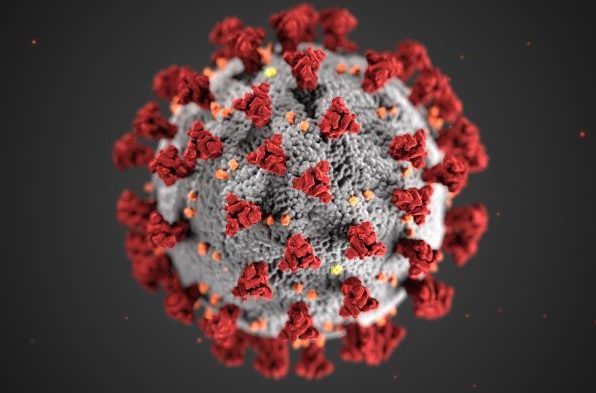The Perils of Preprints
Their use and platforms require greater scrutiny Preprints-manuscripts that have not undergone peer review-were first embraced in physics, catalysed by the creation in the early 1990s of arXiv.org, an open online repository for scholarly papers.1 It was not until 2013 that similar initiatives were embraced by the biological and then medical sciences,2 and novel publishing platforms continue to emerge. Some commentators believe the potential for harm is outweighed by the benefits,134 but others have raised specific concerns regarding medical preprints and mitigating the risk of harm to the public.2 These discussions need to be revisited in the context of the covid-19 pandemic, which has been accompanied by an explosion of preprint publications. An analysis focusing on studies estimating the R of SARS-CoV-2 drew attention to the powerful role of preprints in shaping global discourse about covid-19 transmissibility. While showing the benefits that preprints may confer when adopting a consensus based approach-where data is extracted from multiple studies to observe trends and obtain an average with or without the exclusion of outliers-the authors also identify risks-matters of credibility and misinformation, both intentional and unintentional5-which may be increased where there are vested interests involved. Notably, two linked preprint publications examining the association between smoking and covid-19,67 which were widely disseminated before …




